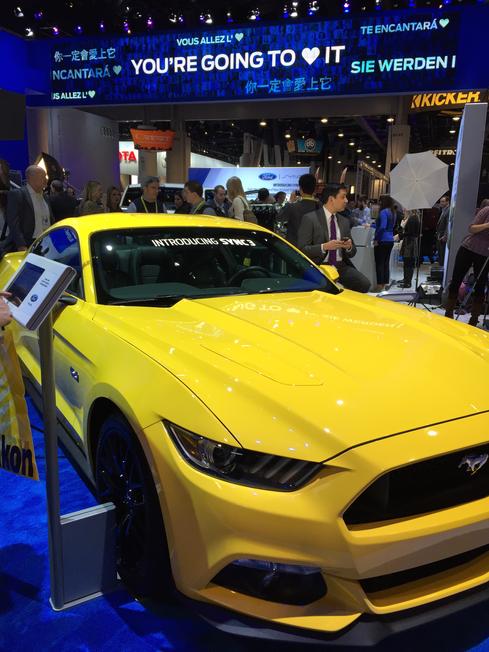Marriott Reverses Personal WiFi BlockingMarriott Reverses Personal WiFi Blocking
Marriott Hotels will no longer prevent guests from using their personal wireless access points, but it will continue exploring security solutions.


CES 2015: 11 Peeks Into The Future
CES 2015: 11 Peeks Into The Future (Click image for larger view and slideshow.)
Marriott Hotels was slow to realize it would never be able to prevent guests from accessing their personal WiFi hotspots. The company capitulated this week after it lost in the court of public opinion, but it left the door open for revisiting at later date.
In October, the FCC socked Marriott with a $600,000 fine for blocking personal WiFi access at the Gaylord Opryland Resort and Convention Center in Nashville, Tenn. The FCC fined Marriott because WiFi operates within unlicensed spectrum. Corporations, people, and other entities aren't allowed to block others from accessing or using their own competing equipment.
At the time, Marriott said it was concerned about hackers and malicious hotspots. Like many other hotels, Marriott charges guests daily fees for in-room Internet access. By blocking guests' WiFi hotspots, the company forced them to use Marriott's services rather than their own. Marriott also blocked WiFi access within its convention center space, where it charges companies considerably more for Internet access.
[When it comes to ads, no screen is too small. Read Mobile Advertisers Gear Up For Apple Watch.]
Marriott was instantly hit with backlash from consumers and tech companies. Google and Microsoft, for example, weighed in on the matter. In December, Marriott backtracked a little bit, suggesting that it never intended to block personal hotspots in guest rooms. It wanted the FCC to allow it to block personal hotspots only in its convention spaces, for security reasons. (Some argued that it should be allowed to.) Marriott caught flak for that stance, too.
On Wednesday, Marriott issued a statement to Inc.: "Marriott International listens to its customers, and we will not block guests from using their personal WiFi devices at any of our managed hotels." Road warriors can breathe a sigh of relief -- the MiFis, tablets, and smartphones mobile professionals use to generate Internet access are safe.
Marriott hasn't given up entirely, however: "Marriott remains committed to protecting the security of WiFi access in meeting and conference areas at our hotels," the company said. "We will continue to look to the FCC to clarify appropriate security measures network operators can take to protect customer data, and will continue to work with the industry and others to find appropriate market solutions that do not involve the blocking of WiFi devices."
In other words, Marriott still wants to be able to exert some control over Internet access on its properties. It simply needs to find the right legal channel to do so.
Apply now for the 2015 information Elite 100, which recognizes the most innovative users of technology to advance a company's business goals. Winners will be recognized at the information Conference, April 27-28, 2015, at the Mandalay Bay in Las Vegas. Application period ends Jan. 16, 2015.
About the Author
You May Also Like






